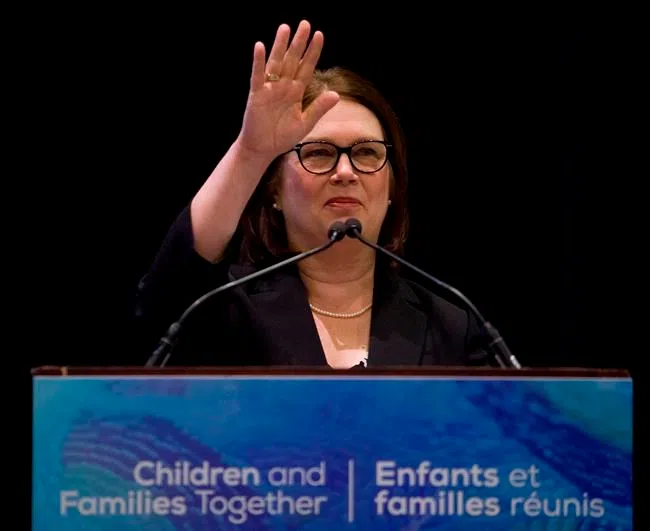
Political will there to solve child welfare crisis for Indigenous kids: Philpott
OTTAWA — Gerald Lavallee was just three months old when he had his first contact with the child welfare system.
By the time he was eight he was a permanent ward of the system in North Bay, Ont. By 14, he had been in more than 40 foster homes.
Lavallee, now 25, says all he ever wanted was someone to love him.
Looking back now, he realizes if the system had been equipped to help his family he might have had that in spades.
